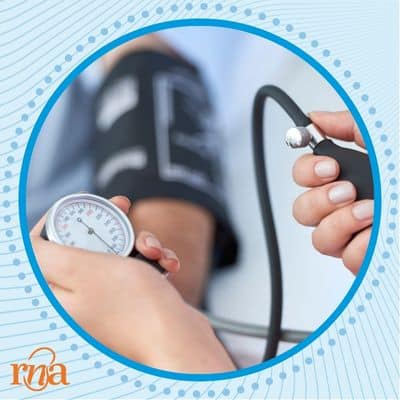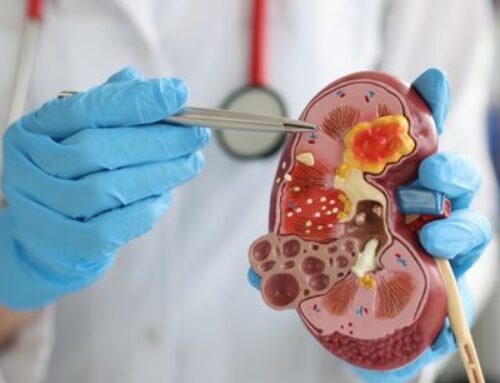High blood pressure, also known as hypertension, is a very common chronic medical condition that millions of Americans suffer from. In fact, according to the CDC as many as 1 in 3 adults have hypertension but many do not realize it. It is important to have regular check-ups and to keep track of important medical information in order to prevent the devastating illnesses that can result from uncontrolled blood pressure.
Understanding Blood Pressure Readings
Blood pressure consists of two numbers. The systolic pressure is the top number. This number represents the pressure exerted when the heart is contracting. The bottom number is the diastolic pressure and this represents the pressure the heart exerts when it is resting, or in the filling phase. According to the American Heart Association, the following numbers indicate normal and high blood pressure levels:
- Normal is about 120/80 although this number may be a little lower for some people.
- Pre-hypertension is 120-139/80-89.
- Stage 1 hypertension is 140-159/90-99
- Stage 2 hypertension is a blood pressure that is consistently elevated at levels over 160/100
- Hypertensive Crisis is considered a medical emergency. 180/110 and higher require immediate medical attention.
What is Hypertension?
Hypertension, or high blood pressure, occurs when your heart beat is overly forceful causing high pressure to be placed on the blood vessels in your body. This can cause damage to multiple parts of the body including:
- Kidneys
- Eyes
- Lungs
- Brain
- Heart
Symptoms of Hypertension
Hypertension has also be referred to as “The Silent Killer.” Despite this name, hypertension may have symptoms. These symptoms can be easily misinterpreted to be caused by something other than hypertension itself. It is important to remember that only a doctor can diagnose high blood pressure and that not all of these symptoms may indicate that you are suffering from hypertension. Some of the symptoms people have reported are:
- Headache: In many people, headaches are not present unless they are in a hypertensive crisis, meaning their blood pressure is above a certain number. This number can vary depending on the source but according to the American Heart Association a systolic number above 180 and a diastolic number above 110 qualifies for hypertensive crisis. It is important to remember that many people may not experience a headache at all. This can be due to the fact that their bodies have adapted to living with such high blood pressure. This does not mean that damage is not being done though.
- Nose Bleeds: Once again, these can be caused by a variety of factors and just because you have a bleeding nose it does not automatically mean that your blood pressure is elevated.
- Shortness of Breath: If you find yourself short of breath it can be attributed to a wide variety of causes. It is important to seek medical attention if you find yourself having difficulties breathing. Unless you are seen and evaluated by a qualified medical professional you cannot be sure if it is something like anxiety or a more serious medical emergency such as a heart attack.
- Dizziness
- Stroke like symptoms: The constant high pressure on the arteries and veins in the brain can cause vessels to rupture or cholesterol build up can block blood vessels. If you, or someone else you know, experiences an intense headache, confusion, trouble speaking, slurring of words, difficulty moving parts of their body, facial drooping and/or numbness it is important to call 911 immediately. These are symptoms of a stroke and every minute treatment is delayed more damage can occur. These damage can be permanent and debilitating. Do not wait to see if the symptoms subside-get medical help immediately.
Chest Pain or pressure, uncontrollable sweating, dizziness, shortness of breath, jaw pain, back pain, shoulder pain and/or arm pain (especially in the left arm) can all be indicators of a heart attack. Once again it is important to seek medical attention right away. Call 911 if you, or someone you know, experiences these symptoms.
Know Your Numbers!
Hypertension can be devastating to your health. It is important to remember that no two people are identical and the way that their medical problems should be treated is not identical either. Knowledge is power. Know your numbers and educate yourself. Find a doctor that you can develop a good professional relationship with and do your part to maintain your health. Remember, your doctor can only advise you on the proper course to take to be healthy. It is up to you, and you alone, to make the right decisions so that you can live a long and healthy life. If you have questions or need to find a health care provider for an evaluation, please contact us.





